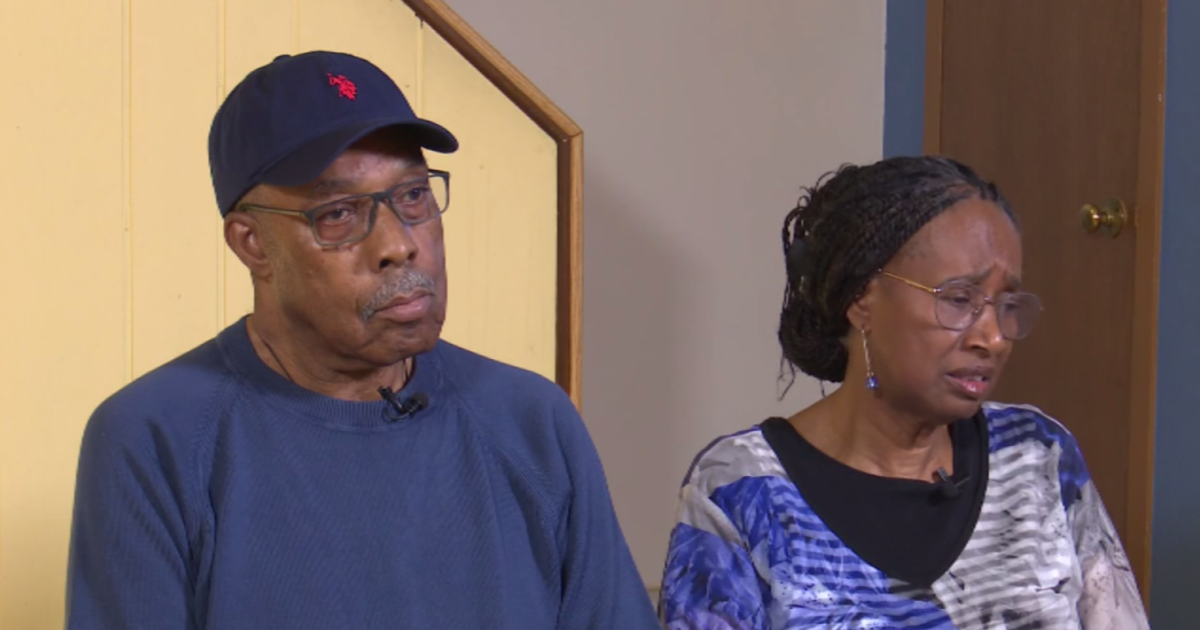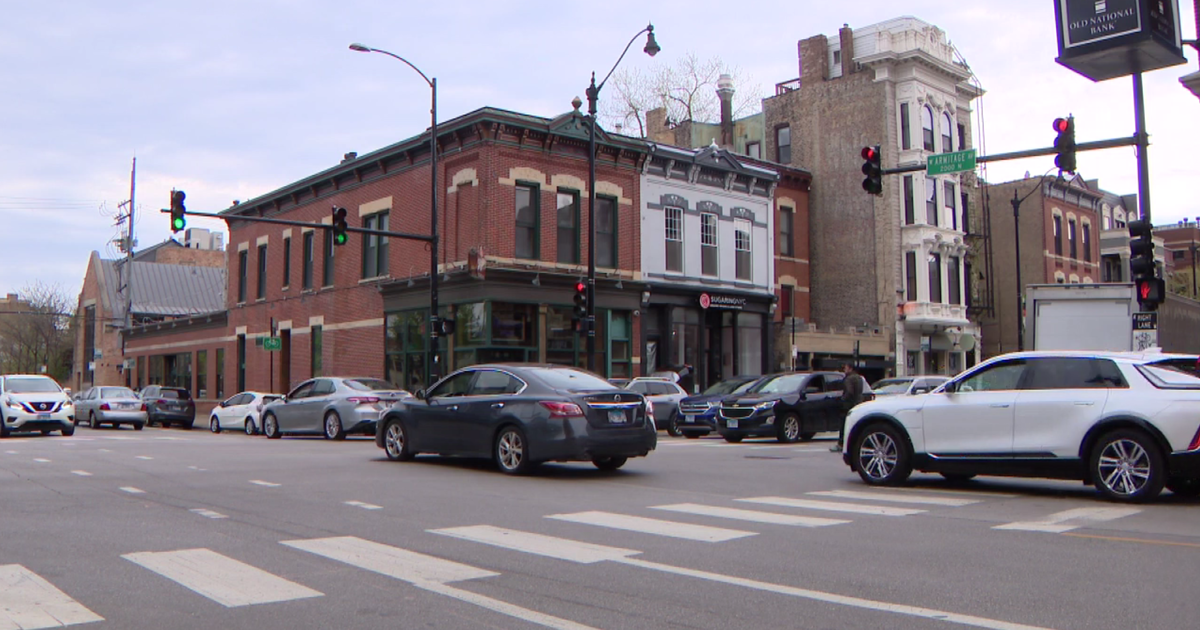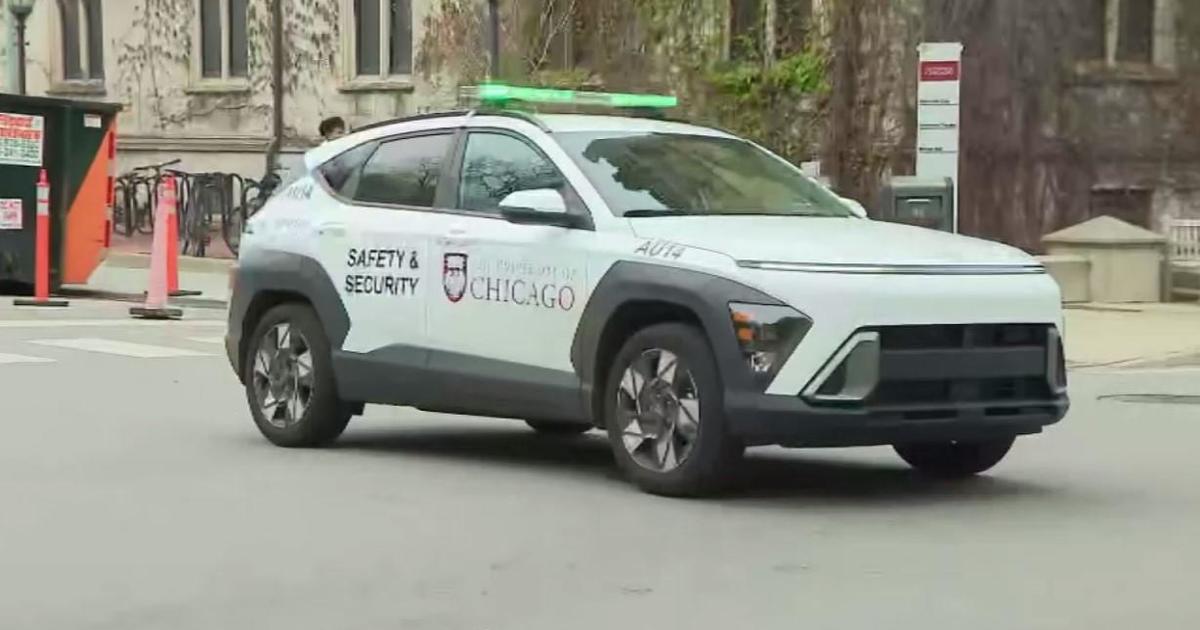What Is A Stroke?
Some call it the worst thing that ever happened to themselves or a loved one. Others consider it to be the start of a new era, focused on healthier habits and more self-awareness. No matter what the result, a stroke is always frightening and often devastating, coming without much warning and seemingly able to strike anyone at any time.
Strokes happen when oxygen-rich blood flow to the brain abruptly stops. Without blood and oxygen, brain cells begin to die off or become damaged within a matter of minutes, causing damage which can be irreparable. Strokes can also be caused by sudden bleeding within the brain. The type of damage caused by a stroke depends upon a number of factors, including the area of the brain affected, the amount of time that has passed since the stroke occurred and medical treatment began and the person’s overall health and medical condition.
The warning signs of a stroke can vary, but common signals which should alert you immediately include:
- Sudden drooping or sagging of the face or on one side of the mouth
- Weakness in the body or in one arm
- Incoherence and the sudden inability to understand verbal or written communication and confusion
If you suspect that you or someone else is having a stroke, stay calm and call 911 immediately.
There are two types of stroke, hemorrhagic and ischemic. Both can be deadly and strike without warning.
Hemorrhagic Stroke
A hemorrhagic stroke is caused by breakage or leaking in an artery or blood vessel in the brain. There are two types of hemorrhagic stroke:
- Intracerebral hemorrhagic strokes occur inside the brain
- Subarachnoid hemorrhagic strokes occur on the surface of the brain
Both kinds of hemorrhagic stroke create blood leakage, which causes swelling and pressure within the brain and skull cavity. The result can be damage to both brain cells and tissue.
Ischemic Stroke
An ischemic stroke is caused by a blocked artery which abruptly eliminates blood flow to the brain. There are two types of ischemic stroke:
- Thrombotic stroke is caused by the formation of a blood clot within an artery that leads to the brain
- Embolic stroke is caused by a blood clot or other blockage such as plaque or a fat deposit which also creates a blockage, halting blood flow to the brain
After a stroke, adverse symptoms may occur in the parts of the body that are controlled by damaged brain cells. A stroke is always considered to be a medical emergency requiring immediate action and seconds count.
Avoiding a stroke may not always be possible, but lifestyle factors count, too. If an individual has high blood pressure or high cholesterol, adherence to a medication regimen is imperative. Not smoking and maintaining an active lifestyle and healthy weight may also support stroke avoidance.
Corey Whelan is a freelance writer in New York. Her work can be found at Examiner.com.



